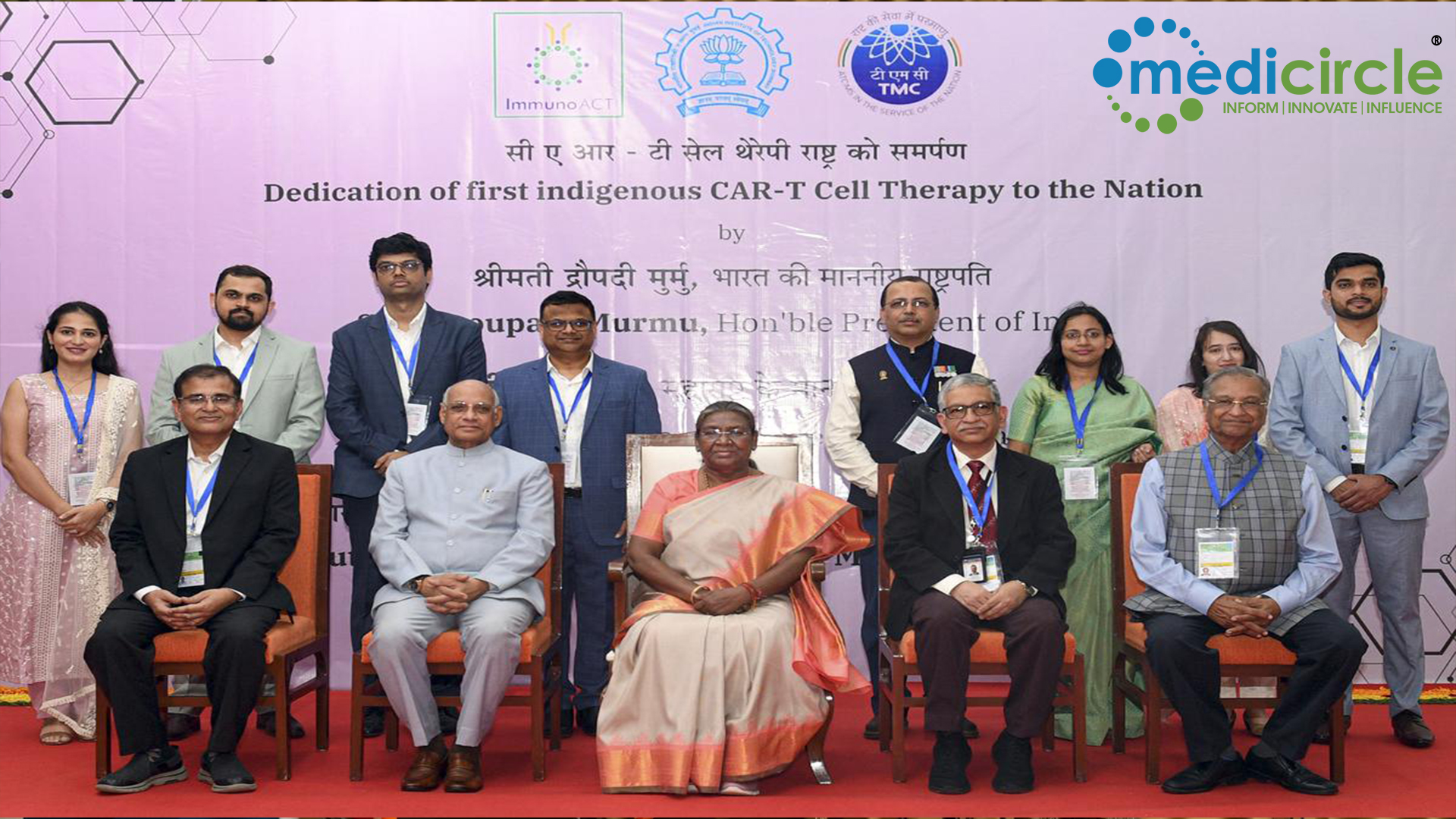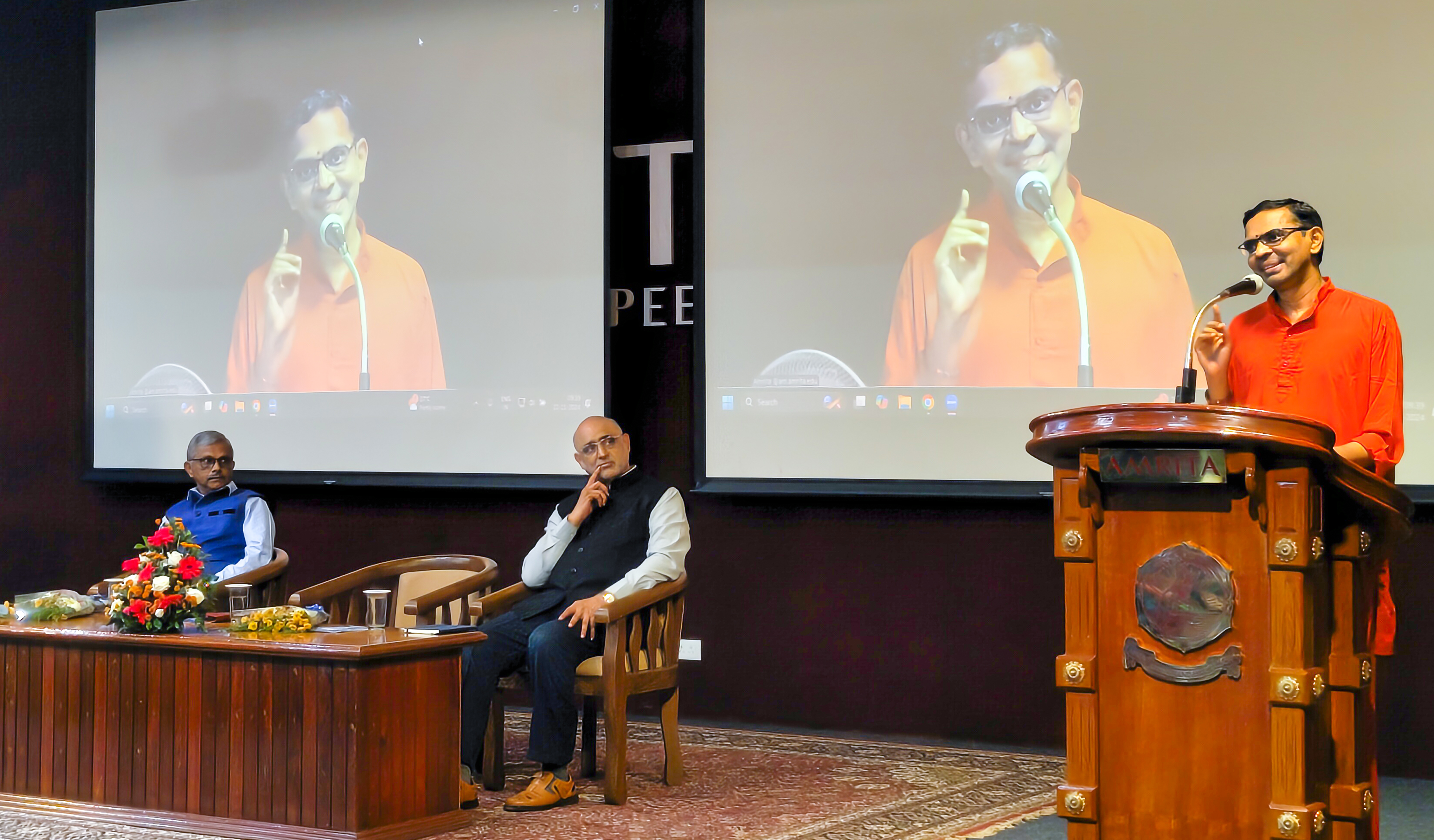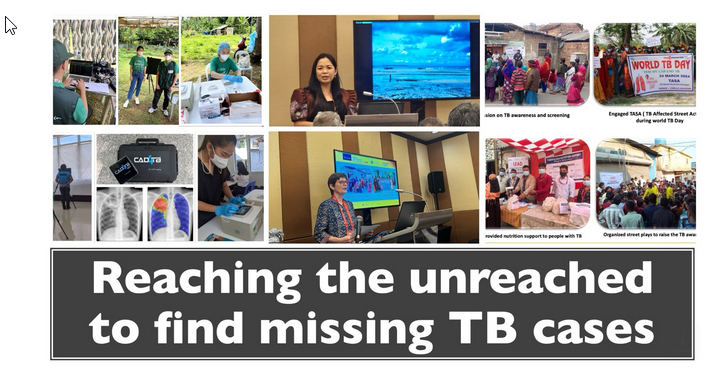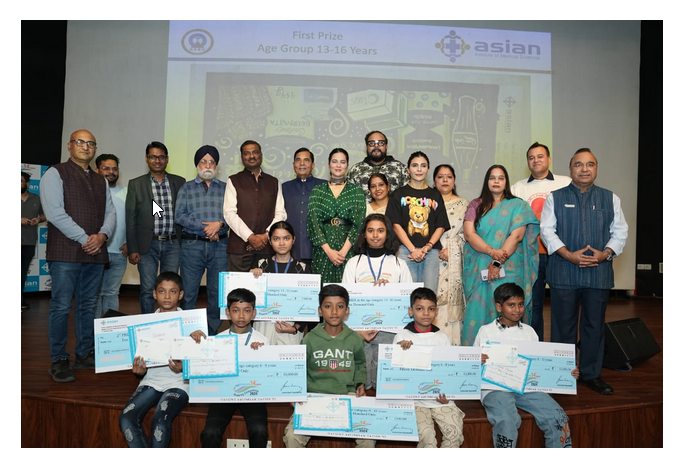In a ground-breaking development, President Droupadi Murmu inaugurated India’s first indigenously-developed CAR T-cell therapy, marking a significant milestone in the country’s battle against cancer. This revolutionary therapy, named NexCAR19, has been jointly developed by the Indian Institute of Technology (IIT) Bombay and the Tata Memorial Centre, exemplifying the spirit of the “Make in India” initiative.
CAR T-cell therapy is a cutting-edge gene-based treatment that holds immense promise for curing various types of cancer. During the launch event held at IIT Bombay in Powai, President Murmu hailed this achievement as a major breakthrough that offers new hope to cancer patients and showcases India’s prowess in medical innovation.
President Murmu emphasized that the development of NexCAR19 is not just a scientific milestone but also a testament to the capabilities of Indian scientists and physicians. She highlighted the accessibility and affordability of this therapy, positioning it as a game-changer in cancer treatment.
Sudeep Gupta, Director of the Tata Memorial Centre, emphasized the significance of this development in making advanced cancer treatment more accessible. He mentioned that NexCAR19 is available at approximately one-tenth of the cost compared to similar treatments abroad, making it a game-changer for cancer care in India.
IIT Bombay Director Prof Subhasis Chaudhuri highlighted the stark difference in treatment costs, noting that CAR T-cell therapy can cost up to ₹4 crore abroad. The introduction of low-cost NexCAR19 is a monumental achievement that puts India on the global map of cell and gene therapy.
Gupta further elaborated on the transformative impact of NexCAR19, describing it as a historic milestone that will save lives and alleviate suffering among cancer patients. This breakthrough not only signifies a scientific achievement but also highlights the practical application of genetic engineering in cancer care.
The Significance of CAR T-Cell Therapy
CAR T-cell therapy is a form of immunotherapy that harnesses the power of a patient’s immune system to fight cancer. Here’s why this development is so path-breaking:
1. Made in India: NexCAR19 represents India’s capability to develop advanced medical technologies domestically, aligning with the “Make in India” initiative. This reduces dependence on imported therapies and enhances healthcare accessibility.
2. Cost-Effective Treatment: By reducing the cost of CAR T-cell therapy significantly, NexCAR19 makes advanced cancer treatment more affordable for a larger segment of the population.
3. Scientific Advancement: The development of NexCAR19 showcases India’s prowess in scientific research and genetic engineering, contributing to the global landscape of cell and gene therapy.
4. New Hope for Cancer Patients: CAR T-cell therapy offers new avenues of treatment for patients with various types of cancer, providing hope where conventional therapies may have limitations.
Future Implications and Outlook: The launch of NexCAR19 sets a precedent for further advancements in cancer treatment and genetic therapies in India. It Highlights the importance of continued investment in research and development to address critical healthcare challenges.
Moving forward, initiatives like NexCAR19 lead the way for personalized medicine and targeted therapies, offering tailored treatments based on individual genetic profiles. This holistic approach holds immense potential for transforming cancer care and improving patient outcomes across the nation.
In conclusion, India’s first indigenous CAR T-cell therapy represents a paradigm shift in cancer treatment, emphasizing innovation, accessibility, and affordability. It heralds a new era of hope and progress in the fight against cancer, bringing us closer to a future where advanced therapies are within reach for all those in need.

 The development of NexCAR19 showcases India’s prowess in scientific research and genetic engineering, contributing to the global landscape of cell and gene therapy.
The development of NexCAR19 showcases India’s prowess in scientific research and genetic engineering, contributing to the global landscape of cell and gene therapy.










.jpeg)







.jpg)







.jpg)




